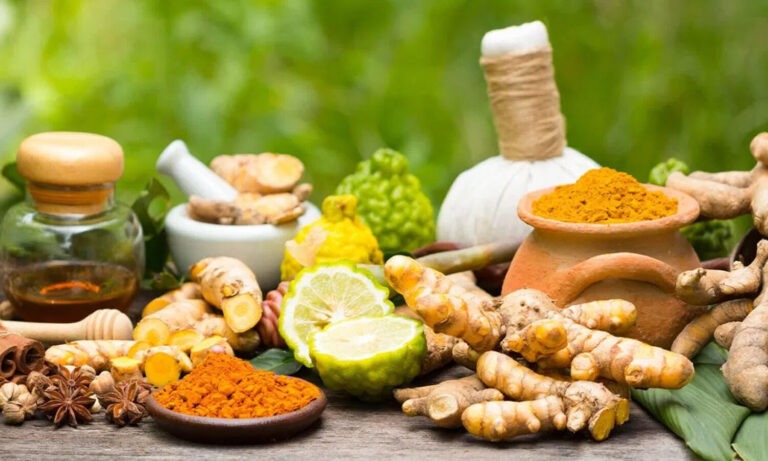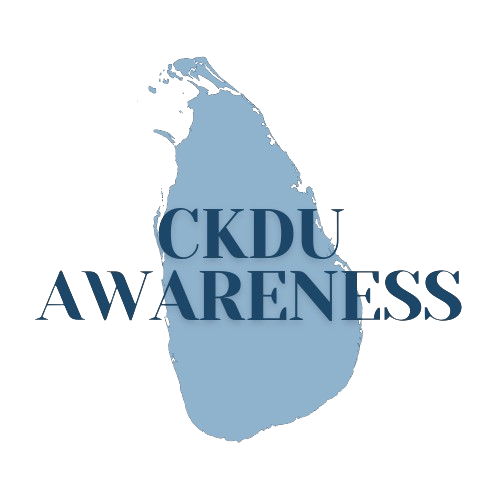
Modern medical interventions are crucial for managing Chronic Kidney Disease of Unknown Etiology (CKDu), yet the supportive role of traditional medicine in enhancing life quality has proved to be valuable. Sri Lanka has the potential to pioneer holistic approaches to combat CKDu by integrating traditional and modern practices, thereby improving the health of affected communities. Ongoing research offers hope that a combination of traditional and modern medicine could lead to better outcomes for CKDu patients nationwide.
In rural Sri Lanka, particularly within farming communities, CKDu has affected thousands. An increasing number of Sri Lankans are turning to traditional medicine alongside modern medical treatments such as dialysis and medication, which are essential for CKDu management. Drawing from Ayurveda and native healing practices, Sri Lanka has a longstanding tradition of herbal remedies passed down through generations. This blog post delves into the use of traditional medicine in treating CKDu and discusses its benefits and drawbacks in comparison with modern medical methods.
A Silent Threat
Chronic Kidney Disease of unknown etiology (CKDu) is a progressive kidney disease that often presents without typical risk factors like diabetes or hypertension. It has emerged as a major health concern in Sri Lanka, especially in the North Central Province, where it disproportionately impacts farming communities. In these rural areas, where access to contemporary medical facilities is limited, many individuals turn to alternative remedies to manage their symptoms and enhance their quality of life.
The Role of Traditional Medicine in Sri Lanka
Sri Lanka’s traditional healing systems, such as Ayurveda and Deshiya Chikitsa (indigenous medicine), are deeply embedded in the nation’s healthcare framework. These practices prioritize holistic healing by balancing the body’s energies and natural elements to preserve health and cure diseases. In the case of CKDu, traditional medicine provides a supplementary method, targeting symptoms and enhancing overall health with natural remedies, lifestyle modifications, and herbal therapies.
Herbal Remedies in CKDu Management
Herbal remedies are a fundamental aspect of traditional medicine in managing Chronic Kidney Disease of unknown etiology (CKDu). These treatments typically focus on detoxifying and revitalizing the kidneys, enhancing urinary functions, and alleviating inflammation. Common herbs utilized in CKDu therapy include:
Nelli (Amla or Indian Gooseberry): Known for its antioxidant properties, Nelli is believed to support kidney health and overall detoxification. It is often consumed as a juice or powder in traditional remedies.
Ranawara (Senna Auriculata): Promotes urinary health and reduces kidney stress. It’s a popular choice for those seeking to manage kidney-related issues.
Kothala Himbutu (Salacia Reticulata): Traditionally used in diabetes management, this herb is believed to support kidney function and balance blood sugar levels, which can indirectly benefit CKDu patients.
Gotukola (Centella Asiatica): Known for its anti-inflammatory and regenerative properties and is often used in traditional preparations to support kidney function and general vitality.
Typically, these herbs are incorporated into a comprehensive regimen that includes dietary adjustments and lifestyle changes, all designed to restore balance and enhance kidney health.
Dietary and Lifestyle Guidance in Traditional Medicine
Traditional healing systems often emphasize the importance of diet in managing health. For patients with CKDu, a simple, plant-based diet that is gentle on the kidneys is commonly recommended. Suggested dietary practices include:
Reducing Salt Intake: Excessive salt consumption can worsen kidney strain, and traditional medicine advises reducing salt and processed food intake.
Promoting Hydration with Herbal Teas: Herbal teas, including Ranawara, Belimal (Bael fruit tea), and Polpala (Aerva Lanata), are recommended to maintain urinary health and support kidney function.
Preventing Heat Stress: In areas impacted by CKDu, it’s usual to work extended periods under the sun. Traditional healers often suggest taking breaks during peak heat times and ensuring adequate hydration to minimize kidney stress due to dehydration.
Traditional medicine often includes lifestyle modifications like yoga, meditation, and breathing exercises to manage stress and enhance overall health. For patients with CKDu, these practices can bolster mental health, alleviate anxiety, and assist in coping with the disease’s chronic aspects.
Integrating Traditional and Modern Medicine
While traditional medicine provides valuable strategies for managing CKDu, it’s crucial to recognize that these practices are not replacements for conventional medical treatment. CKDu is a severe, progressive condition that often necessitates interventions like dialysis or medication. Nonetheless, combining traditional medicine with contemporary therapies can lead to a more comprehensive management of the illness.
Many patients discover that traditional methods, including herbal remedies, dietary modifications, and stress reduction techniques, contribute to symptom relief and enhance their overall well-being. The comprehensive approach of traditional medicine, addressing physical, mental, and emotional health, can offer empowerment and support to CKDu patients, particularly in rural regions with limited access to modern medical services.
Challenges and Considerations
While traditional medicine holds promise, there are some challenges and considerations to keep in mind:
Lack of Scientific Validation: Numerous herbal remedies and treatments in traditional medicine lack rigorous scientific testing, which makes it difficult to gain a full understanding of their effectiveness and safety. It is advisable for patients to consult healthcare professionals before commencing any new treatments.
Interaction Risks: Herbal remedies might interact with prescription drugs, potentially causing adverse side effects. Patients must disclose any traditional treatments they are utilizing to their physicians.
Access to Qualified Professionals: The training and expertise among traditional healers vary. To ensure safe and effective treatment, patients should seek care from accredited and skilled traditional medicine practitioners.
A Holistic Path Forward
In summary, traditional medicine provides CKDu patients in Sri Lanka with a supplementary method for managing their illness. Incorporating herbal remedies, dietary adjustments, lifestyle changes, and stress-management practices, traditional healing offers a holistic approach that aligns with the cultural and spiritual customs of many Sri Lankans.
